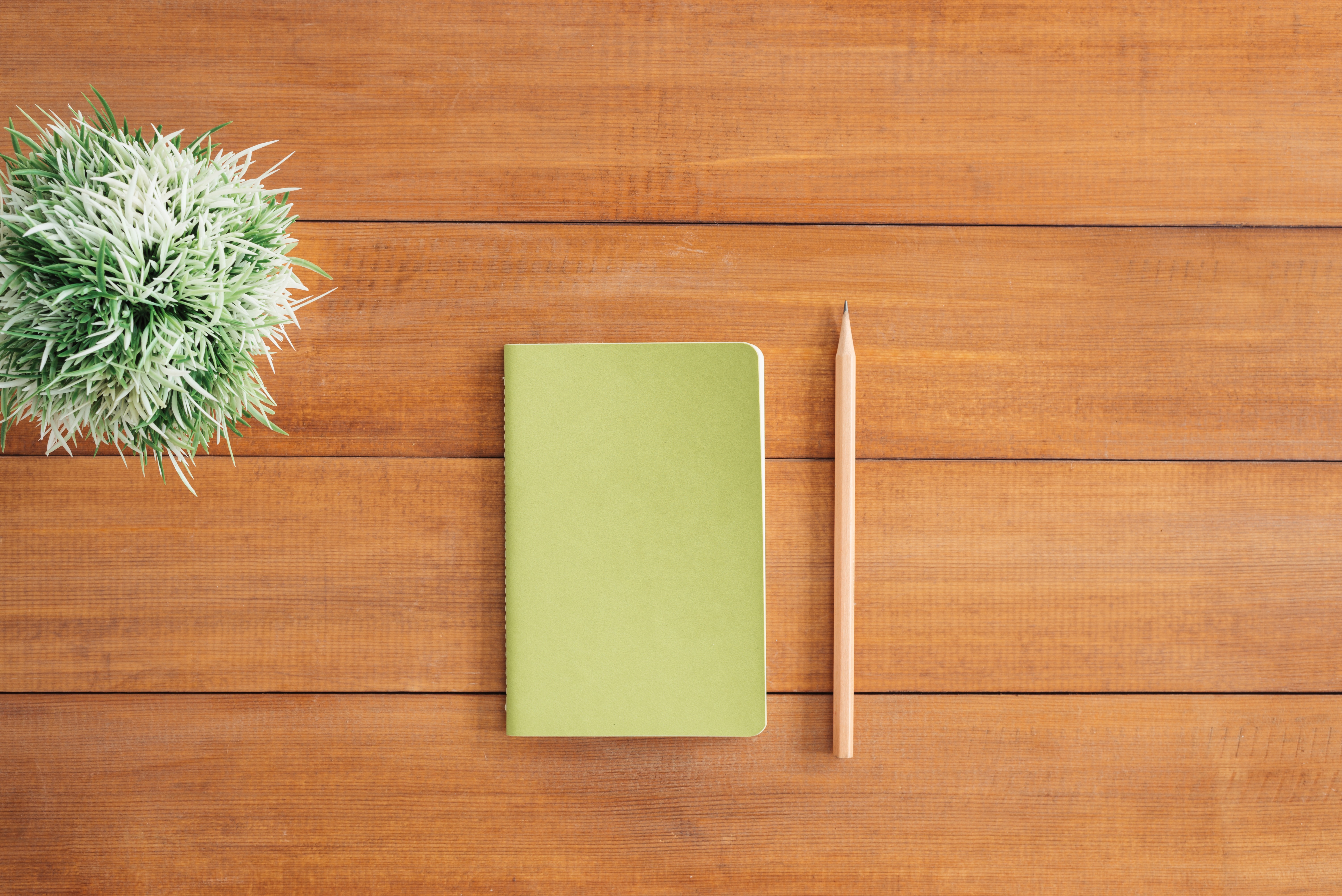As people, we feel like we are busier than ever before. We’ve grown accustomed to a life that is frenetic in pace and willingly accept our tethering to devices that always make us reachable. Being busy is the new normal, yet we boast about our fatigue as if mental exhaustion is the grand prize of existence. While there are a lot of things wrong with this scenario, the most fundamental of those is that the crux of it is simply not true. Despite what feels like a shift in workplace culture that only rewards the employee who is first in and last out, we actually aren’t busier than we’ve ever been before.
A few years ago, Gallup conducted a poll that found 48% of Americans think there’s not enough time in the day to accomplish what they need. That number seems high, right? It is, but not when put in historical context. In fact, it doesn’t vary much from the 47% average from the 14 years prior.
Many entrepreneurs and business owners have long since had the mindset that they will just work harder or work longer than everyone else. But research has shown that level of passion and commitment can increase the likelihood of burnout, which means doing more actually results in getting less done.
Being an entrepreneur is a stressful job and one which forces us to wear many hats. Unfortunately, the hat it seems we wear the least is the one focused on holistically taking care of ourselves. Well, the simple truth is that our businesses are always a reflection on our inner reality therefore we must prioritize our own well being if we are to grow successful and sustainable enterprises.
With this end goal in mind, there are three ways entrepreneurs can reduce stress and anxiety to live a healthier life and bring more consciousness to their business.
#1 – Eliminate Distraction

Mindfulness is a term you’ll often hear thrown around when it comes to mental health or clarity. Its definition references maintaining a nonjudgmental state of heightened or complete awareness of thoughts, emotions or experiences. But I’ve always found the term to be a bit of a misnomer. Why? Because mindfulness isn’t about the mind at all—it’s about being more heart-centered and present. About 47% of the time throughout our day-to-day, we’re not present. Physically, of course; mentally or spiritually, no way. So, if we’re not present, where are we? We are daydreaming or worrying or living in a sea of distraction.
Think about your daily commute to work. You are so familiar with the route that you don’t even have to think about it. Your brain is on autopilot in this instance, and autopilot is synonymous with distraction. If we can’t focus on one thing mentally, we aren’t taking the time to maximize the moment.
Mental distraction can also cause procrastination or delays. How many times have you had to read something for work multiple times because you glossed right over it the first few times? You may become distracted with thoughts about an upcoming lunch or a happy hour with a friend or even a meeting you just completed with your boss.
If you find that you’re feeling distracted or overwhelmed by the number of tasks on your plate, shift your approach and focus on completing one big thing per day. Clear your calendar at the start of each morning and block off the time you need to achieve your goal. Our to-do lists seem much less daunting when broken up in manageable chunks.
#2 – Unplug from Your Devices

In 2016, Merriam-Webster added some 2,000 new words and senses to its Unabridged dictionary, but two new words in particular stood out as being representative of today’s society. Included among the new entries were FOMO (fear of missing out) and nomophobia (fear of being without a cell phone). Just how bad is our addiction to our devices? One recent survey found that Americans check their phones an average of 80 times a day while on vacation. Worse, nearly 10% of respondents said they check their phones more than 20 times an hour—again, that’s when they are away from work! And you know things are dire when Apple releases a feature intended to shine a light on how much screen time you spend on their device.
Our phones are excellent communication tools that connect us with the world, but they are significant contributors to distraction. Fortunately, there are strategies—both simple and more technologically savvy—that you can deploy to free yourself from the phone’s lures. The easiest way to unplug from your device is to not carry it with you. If you’re not comfortable with being unreachable, you can turn your phone off or leave it in a drawer.
But unplugging from devices isn’t just about how you do it—it’s about when you do it. Think about the times in your life when you should be the most present: family dinners, your child’s game or recital, a big meeting with your boss or a client, when you first wake up, as you wind down to go to sleep. These are moments in time that can serve to recharge you, either professionally, physically, mentally or spiritually. Don’t miss out on them.
#3 – Meditate Daily

It’s easier said than done, but handling stress is all about balance and finding a routine that allows you to do so within your own environment preemptively. For me, there are few areas of my own personal routine that provide as much value in finding balance than meditation. According to the National Center for Complementary and Integrative Health, research shows that practicing meditation may reduce blood pressure and symptoms of anxiety or depression, among other conditions. But the benefits don’t just end there.
There have been other studies that indicate meditation can improve cognitive function, boosting both how our brain processes things and our memory. And maybe most importantly, meditation has been proven to screen out distractions in the mind. In every part of meditation, there is an aspect of neutrality and stillness—and the goal is to become an observer of yourself. This type of self-awareness can be critically important for entrepreneurs or leaders who are desperate for rigor around their day. Observers recognize that refraining is a normal part of life and work and that we can’t do everything ourselves. No one should be afraid to ask for help.
Now is the time to redefine the new normal

It’s time we find a better way to not only work but to measure our successes. These tips are just the start of a holistic health regimen, and I would encourage you to read more, remain active with exercise and to transition to a diet devoid of processed foods. This heightened state of consciousness can be a conduit to a more sustainable business and a more improved life.
As with any plan, the hardest step is the first. But by following these tips, you’re bound to be more present and to find greater purpose and clarity in all that you do.


